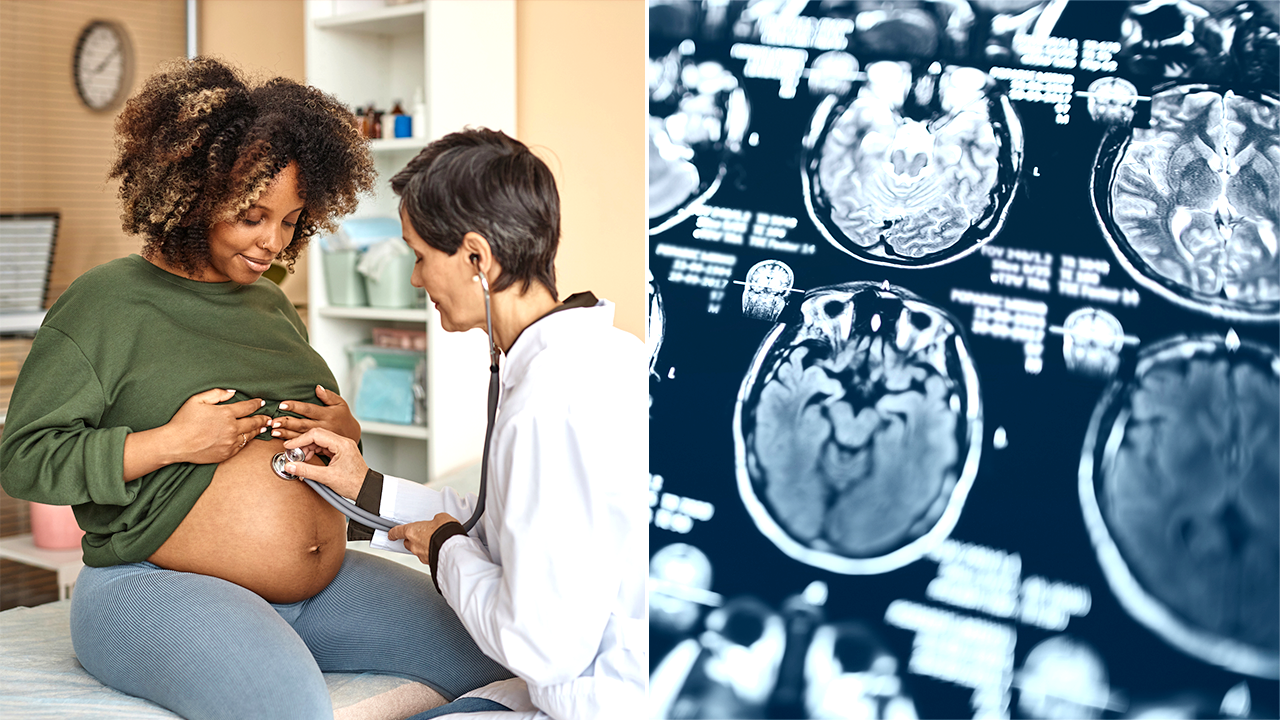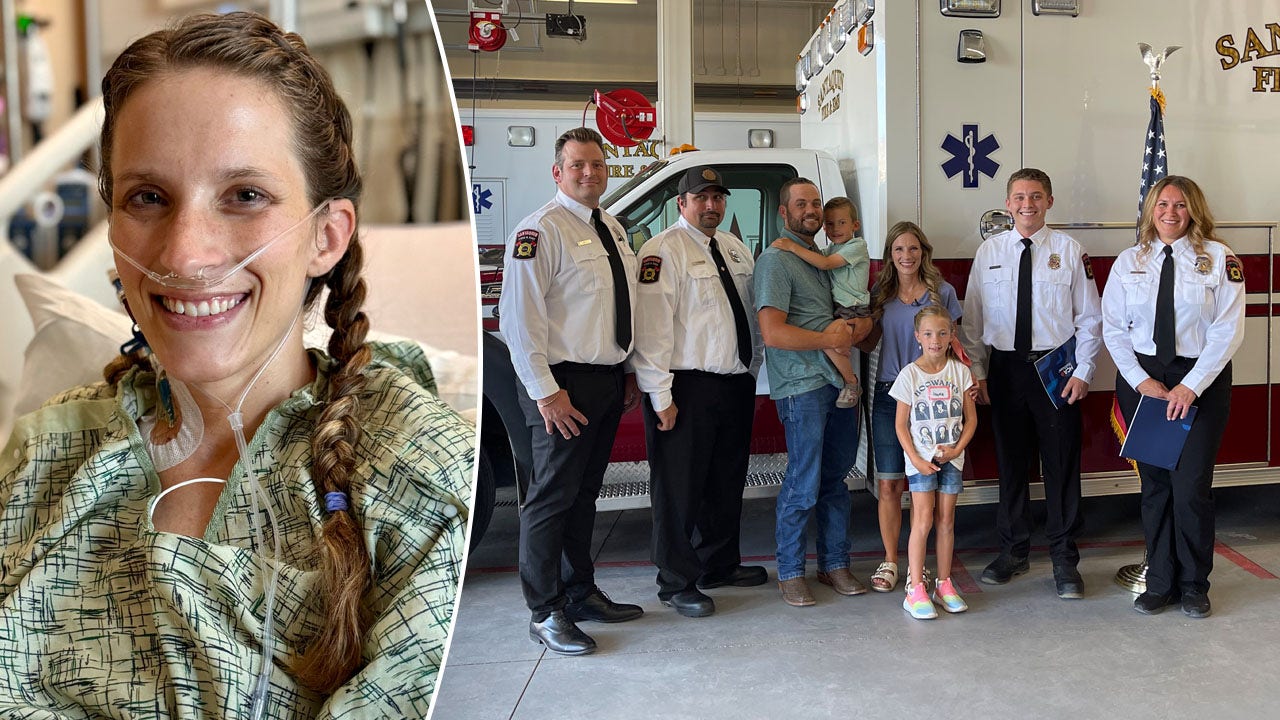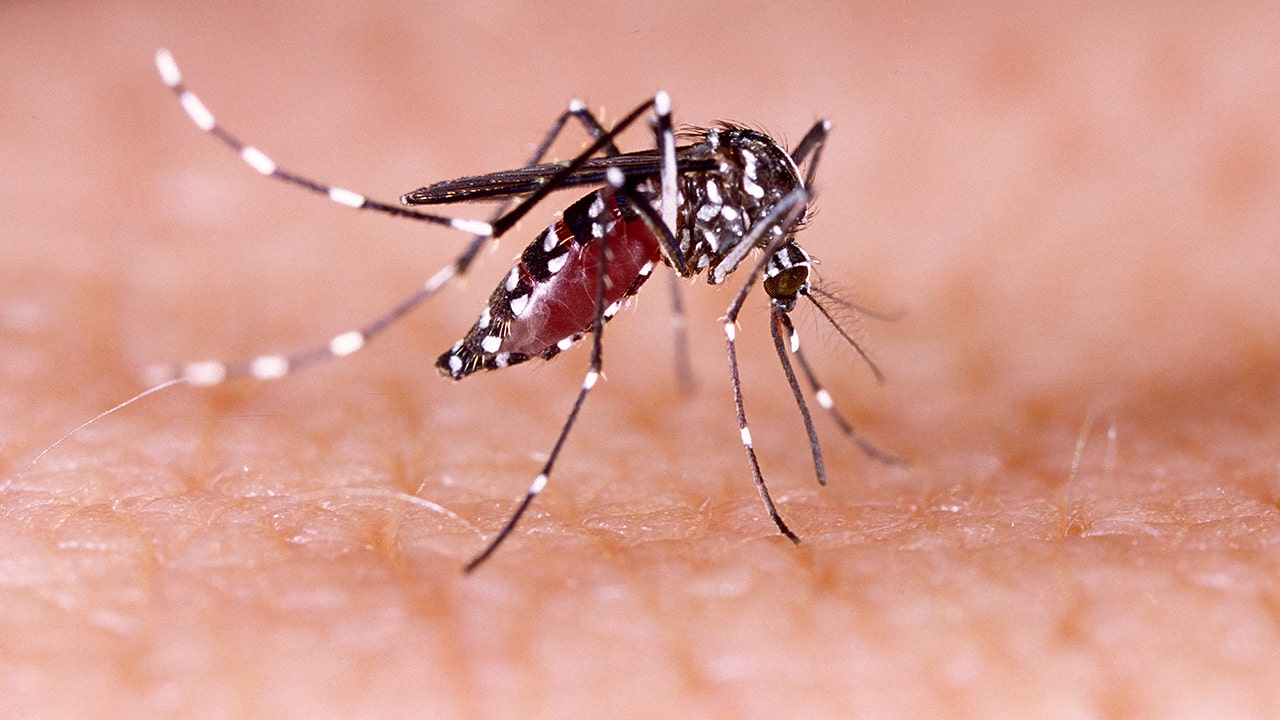Princess Kate Middleton announced on Friday that she’s been diagnosed with cancer following major abdominal surgery in January.
The Princess of Wales has just begun a treatment regimen of “preventative chemotherapy,” she said in a video message.
After Middleton underwent “major abdominal surgery” in January, it was initially thought that her condition was “non-cancerous,” she said in the video message.
KATE MIDDLETON ANNOUNCES SHE HAS CANCER, UNDERGOING CHEMOTHERAPY TREATMENT
However, later testing revealed that “cancer had been present.”
She did not specify what type of cancer was diagnosed.
A relative of the photographer watches television, as Catherine, The Princess of Wales, announces that she is receiving a preventative course of chemotherapy for cancer on March 22, 2024, in London, England. (Getty Images)
What is preventative chemotherapy?
Preventative chemotherapy, otherwise known as chemoprevention, is the use of certain drugs to help lower the risk of developing cancer or prevent it from returning, according to the NIH National Cancer Institute (NCI).
These include drugs like tamoxifen and raloxifene, which can be used in the prevention of “certain types of breast cancer in women who are at high risk of developing the disease,” the NCI said.
Dr. Christina Annunziata, senior vice president of extramural discovery science at the American Cancer Society in Virginia, said that preventative chemo is given when the cancer has been removed, but there might be a few “microscopic cells” still remaining.
“There may be a few cells that have already spread and have the ability to regrow the cancer, and this is the purpose of the chemo to be given in this setting,” she told Fox News Digital. “The chemo is given to kill these cells and ‘prevent’ the cancer from relapsing or coming back.”
Another term for this treatment is “adjuvant chemotherapy,'” she said.
The American Society of Clinical Oncology (ASCO) website states that a doctor will use chemoprevention methods in cases where patients are high risk due to family history or a previous cancer diagnosis.
Chemoprevention can involve medicines, vitamins or other substances dependent on cancer type, according to City of Hope.
Prince William and Princess Kate Middleton in a recent photo. The princess on Friday asked for privacy as she focuses on her treatment and recovery. (Getty Images)
These drugs are not used to treat cancer — and taking them “does not fully protect a person from developing cancer in the future,” noted ASCO.
Some of the more common side effects of chemotherapy include hair loss, fatigue, nausea, vomiting, easy bruising and bleeding, appetite changes, weight changes, anemia and gastrointestinal issues.
CLICK HERE TO SIGN UP FOR OUR HEALTH NEWSLETTER
The princess on Friday asked for privacy as she focuses on treatment and recovery.
“We hope that you will understand that, as a family, we now need some time, space and privacy while I complete my treatment,” she said.
“We hope that you will understand that, as a family, we now need some time, space and privacy while I complete my treatment,” Middleton said in her announcement on Friday. (Max Mumby/Getty Images)
“I am well and getting stronger every day by focusing on the things that will help me heal, in my mind, body and spirits.”
The princess noted that she looks forward to returning to work, but that she now “must focus on making a full recovery.”
“At this time, I am also thinking of all those whose lives have been affected by cancer,” she added.
“For everyone facing this disease, in whatever form, please do not lose faith or hope. You are not alone.”
Fox News Digital’s Lauryn Overhultz contributed to this report.
For more Health articles, visit www.foxnews.com/health.
Melissa Rudy is health editor and a member of the lifestyle team at Fox News Digital. Story tips can be sent to melissa.rudy@fox.com.




 Video
Video